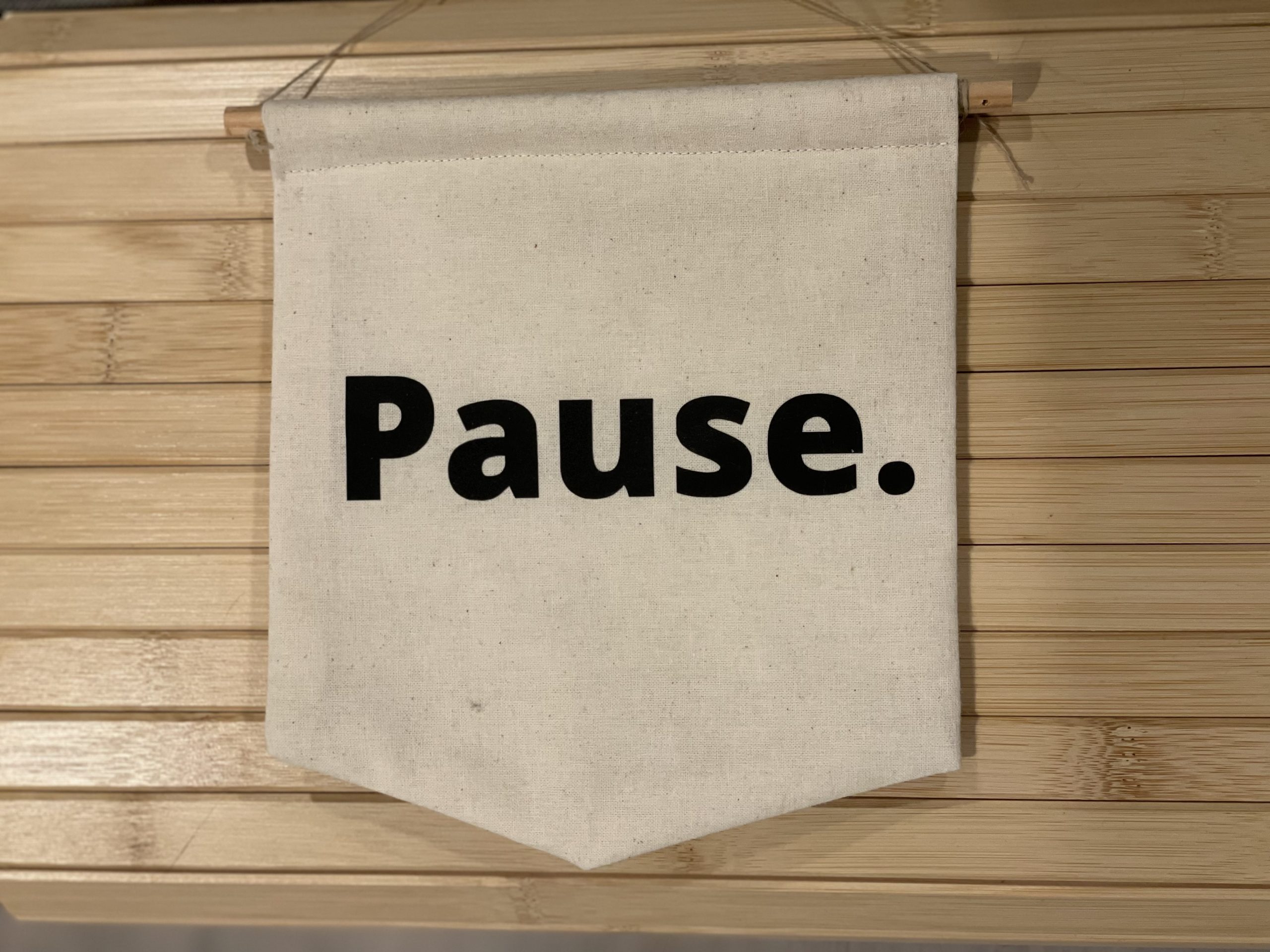
When I first started at IJS just about four years ago, one of the good pieces of advice I received was to hire an executive coach. Robin Bernstein, who had served as our interim executive director before I started, stood out to me as a perfect person to support me in that way, and thankfully she agreed to do so.
During our weekly sessions, I would share my latest ideas on this or that opportunity, and we would talk through the ins and outs of making them happen. It became a long list, and our time together was regularly marked by the challenges I faced of leading an organization through adaptation and change–on top of the challenges of pivoting and responding to the pandemic. Robin’s guidance was extraordinarily valuable during that tumultuous time.
At one point, Robin gently called my attention to my… hmm… kind of peripatetic nature, and my occasional predilection to take action before necessarily fully considering an idea. (I’ll cut myself a little slack: It was the beginning of the pandemic and I was brand new. But still, she was right.) She suggested that I might benefit from having a focus phrase in front of me to encourage me to take a beat. I went on Etsy and found a banner with the word “Pause” on it. If you’ve ever been on a zoom call with me or seen me host our Daily Sit, you’ve seen it. It’s right there, reminding me all the time to breathe, center, and take the time to choose a wise and mindful response.
In the synagogue I attend, we read the entire Torah portion every week. And one of the things that strikes me every year encountering parashat Vaera is where the pauses the reading are placed. Normally, the breaks in aliyot (Torah reading units) come at natural spots: paragraph markings or other obvious transitions. Yet in Vaera, several of the aliyot end in what feel like unnatural places. The fourth aliyah ends at Exodus 8:6, in the middle of the second plague (frogs)–and even in the middle of a sentence that Moses is speaking to Pharaoh. Likewise, the fifth aliyah creates an unnatural pause mid-plague (swarming insects) and in the middle of a sentence God is speaking when it ends at 8:18. Same with the sixth aliyah, which ends awkwardly at 9:16. Given that this isn’t the way the tradition normally does things, I’ve long wondered why our custom developed in this way.
The answer I’ve come up with is that each of these unnatural endings share something in common. Here are the three verses in question:
Ex. 8:6 (conclusion): “that you may know that there is none like YHVH our God.”
Ex. 8:18: “But on that day I will set apart the region of Goshen, where My people dwell, so that no swarms of insects shall be there, that you may know that I YHVH am in the midst of the land.”
Ex. 9:16: “Nevertheless I have spared you for this purpose: in order to show you My power, and in order that My fame may resound throughout the world.”
Rather than end in a place we might expect–say, the end of the plague–the placement of each of these verses at the end of the reading creates an unnatural pause that serves to highlights knowledge and awareness of the Holy One as the ultimate aim of the plagues and the exodus of the Israelites from Egypt. It’s as though the Torah wants to remind us that this isn’t only a story about physical or political liberation; it’s ultimately a much deeper story than even that. It’s a story about genuine freedom from oppression and suffering, which comes about when we, and all beings, can live with the awareness that, to slightly paraphrase the prophet Isaiah, the world is filled with Divine presence. If and when we can truly live with that consciousness, then no form of Mitzrayim–physical, political, or spiritual constriction–will be able to oppress anyone anymore.
To me, this is simply an elaboration on the truth that Judaism is, fundamentally, a mindfulness practice. These pauses in the Torah reading are of a piece with the pause we take weekly on Shabbat, and the pauses we take daily, hourly, and moment-by-moment, to re-ground ourselves in the reality of the Divine presence that permeates creation. Those pauses help us to respond wisely rather than reactively, to live intentionally rather than mindlessly. It takes work and commitment (and a nice sign from Etsy doesn’t hurt, either). But that’s precisely why we are here, for ourselves and one another.
